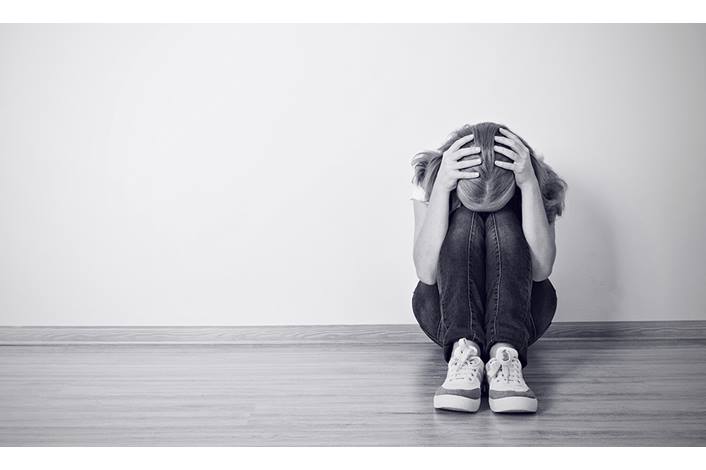It is a heartbreaking reminder that depression and other mood disorders may be fatal illnesses, as was the case with Robin Williams’ death. Depression, particularly when present in conjunction with alcohol or drug misuse, is a significant risk factor for completing a successful suicide attempt. Depression and suicide are linked not only in adults but also in children and teenagers, according to research.
Suicide is the second-highest cause of mortality in children and adolescents aged 10 to 19 years, and by the age of 18, around 15 percent of teenagers have experienced an episode of major depressive disorder. Because depression is widespread in young people, it causes significant suffering, and it can increase the risk of suicide, it is critical that we detect the signs and symptoms of depression in children and teenagers as soon as they appear. Pediatric depression can be treated effectively with drugs and psychotherapies (also known as “talk” therapy). This is good news for parents and families because there are medications and psychotherapies (also known as “talk” therapy) available.
What Exactly Is Depression?
When we face problems or difficulties in our life, it is natural to have feelings of sadness, depression, or discouragement. Normal sadness is distinguished from depression by the fact that it lasts longer and feels stronger, as opposed to the more common form of melancholy. At other times, there is a sense of emptiness, a lack of sensation, or the experience of being irritable, grumpy, and quickly offended.
What Is The Impact Of Depression On A Person?
Depression has an impact on more than simply one’s emotions. It depletes a person’s energy, motivation, and concentration, all of which are required for normal daily activities. It impairs one’s ability to recognize or appreciate the positive aspects of one’s surroundings. Discouragement, despair, hopelessness, and suicidal thoughts are all possible outcomes of depression, which can cause a person to see things much more adversely than they are in reality. During a period of depression, it is also possible for sleep and appetite to vary.
How Is It Different In Children And Teens?
Depression, particularly in youngsters, can be difficult to detect and treat. People suffering from depression may not be aware that they are depressed at all times. Furthermore, because a child suffering from depression is frequently angry or disobedient, parents may misunderstand this as a bad attitude on their own.
The joyful feelings that children and teenagers with depression experience when something positive happens are just temporary, and they soon return to their depressive state…………………………………………… People suffering from depression, especially youngsters, may make a concerted effort to conceal their symptoms and “appear” fine despite the fact that they are suffering from depression.
What Can We Do To Deal With Depression?
Whether you are suffering from depression yourself or are the parent of a kid or adolescent who is suffering from depression, remember that depression may be healed with the proper treatment. A doctor can examine you to see if you have any medical issues that could be causing your depression symptoms. Additionally, seeing a mental health expert, such as a psychologist, psychiatrist, or another therapist who can evaluate and diagnose depression, as well as develop a treatment plan, can be beneficial.
Talk therapy, medicine, or a combination of the two may be used to treat depression in some cases. It usually takes a few weeks for the treatment to begin to be effective, so it is crucial to be patient and persistent during the process. Many people find that confiding in their parents or other trusted adults can be quite beneficial. Even something as simple as mentioning “I’ve been feeling pretty sad recently, and I believe that this is depression” can be a good place to start.
You should ask your parent to schedule an appointment with your primary care physician or a therapist if you are a child or teenager who believes they may be depressed. If your parent or family member is unable to assist you, seek the assistance of your school counselor, school nurse, or another trusted adult. If you or someone you know is having serious thoughts about suicide, tell your parent, an adult family member, or another trusted adult as soon as possible. You can also call on Suicide Watch and Wellness Foundation Lifeline at 800-273-8255 for immediate assistance, which is available 24/7. (TALK).
Depression will heal with the correct care and attention over time, so even though the depressed person may feel quite low at times, it is crucial to realize that things can get better with time and effort.
Visit The Suicide Watch and Wellness Foundation Organization for additional information on depression.


